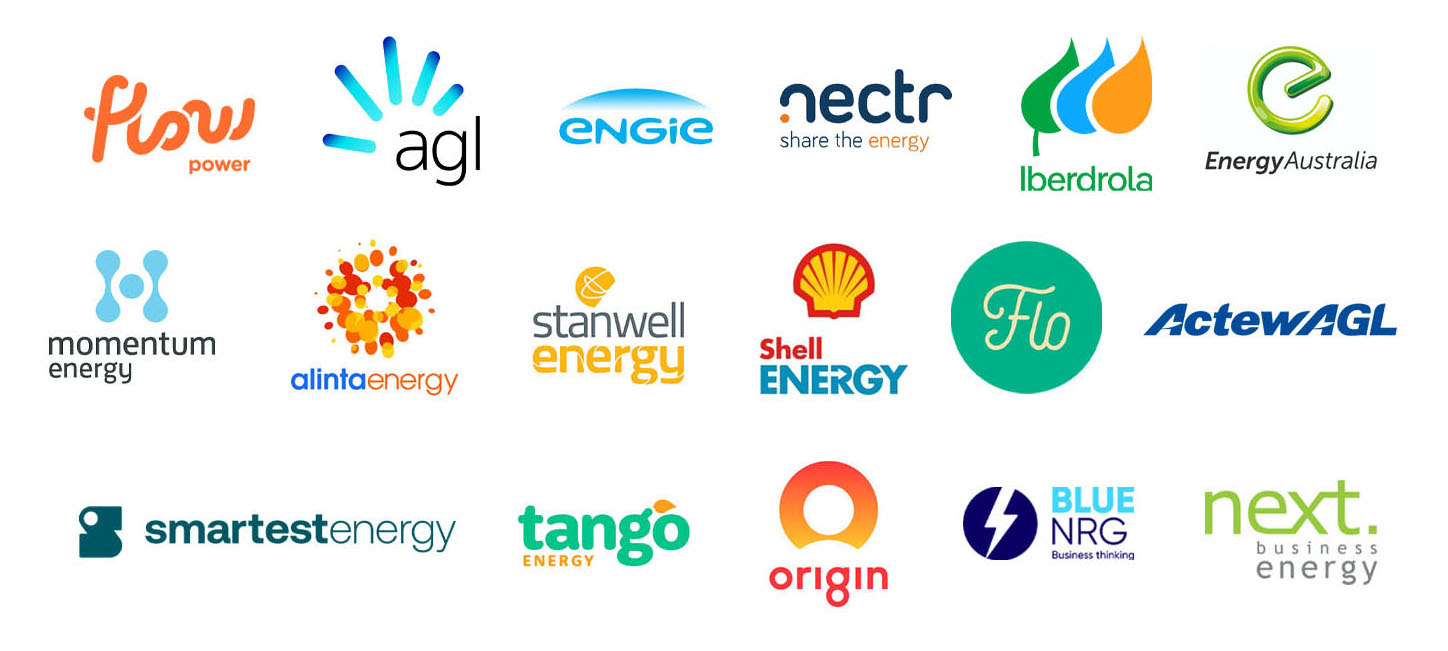
As Australia grapples with the effects of climate change and the need for a resilient energy infrastructure, the Coalition has unveiled a suite of climate policies focusing on maintaining gas and coal and investing in nuclear energy.
The Opposition’s approach contrasts sharply with public sentiment, industry preferences, and Labor’s climate targets.
Many stakeholders, including coal and gas generators, are urging the Coalition to retain Labor’s ambitious emissions reduction goals if elected at the next general election.
Public and Industry Sentiment on Climate Targets
The Australian public, key industry players, and even some coal and gas generators overwhelmingly support the continuation of Labor’s climate policies, which aim to reduce greenhouse gas emissions significantly.
Labor’s targets include a commitment to net zero emissions by 2050 and a substantial increase in renewable energy capacity.
These goals reflect a broader global trend towards decarbonisation and sustainable energy practices.
Labor’s Climate Targets
- Net Zero by 2050: Labor’s long-term goal of achieving net zero emissions by 2050 aligns with international climate agreements and scientific recommendations to limit global warming.
- Renewable Energy Expansion: Labor has committed to increasing the share of renewables in Australia’s energy mix, aiming for 50% renewable electricity by 2030.
- Emissions Reductions: Targets to reduce greenhouse gas emissions by 43% below 2005 levels by 2030 underscore Labor’s commitment to tackling climate change.
The Coalition’s Climate Change Policies
In contrast to Labor’s climate targets, Opposition leader Peter Dutton’s policies focus on traditional energy sources, including gas, coal, and nuclear power.
This stance raises concerns about economic viability, environmental impact, and alignment with global climate goals.
Key Components of the Coalition’s Climate Change Policy
- Gas and Coal Retention: Dutton emphasises the continued use of gas and coal as vital components of Australia’s energy strategy. He argues that these sources are essential for energy security and economic stability.
- Investment in Nuclear Energy: Dutton proposes investing in nuclear energy as a long-term solution to Australia’s energy needs. However, given the high construction, operation, and waste management costs, nuclear power is currently the country’s most expensive and least viable option.
- Criticism of Renewable Focus: Dutton has criticised the heavy emphasis on renewables, expressing concerns about reliability and the economic impact of rapidly transitioning away from fossil fuels.
Economic and Environmental Implications
Dutton’s policies have significant economic and environmental implications, particularly regarding the feasibility of nuclear energy and the ongoing reliance on fossil fuels.
Economic Viability of Nuclear Energy
- High Costs: Nuclear power is Australia’s most expensive energy option, with substantial costs associated with building and maintaining nuclear plants and managing nuclear waste.
- Long Development Times: The development of nuclear energy infrastructure takes several years, if not decades, delaying its potential benefits and making it a less practical solution for immediate energy needs.
- Comparative Costs: Renewable energy sources, such as solar and wind, have become increasingly cost-effective, offering more economical alternatives to nuclear power.
Environmental Impact
- Greenhouse Gas Emissions: Continuing to rely on gas and coal will hinder Australia’s ability to meet emissions reduction targets and combat climate change effectively.
- Nuclear Waste: The management and disposal of nuclear waste pose significant environmental and safety challenges, adding to the concerns about nuclear energy’s viability.
Industry and Public Support for Sustainable Energy
Industry leaders, the general public, and even some coal and gas generators largely favour a transition to renewable energy sources, highlighting sustainable energy practices’ economic and environmental benefits.
Renewable Energy Benefits
- Job Creation: The renewable energy sector has the potential to create numerous jobs across various industries, including manufacturing, construction, and maintenance.
- Cost Savings: Advances in renewable technology have significantly reduced costs, making solar and wind power more affordable than traditional energy sources.
- Environmental Protection: Renewables produce little to no greenhouse gas emissions, helping to mitigate the impacts of climate change and protect the environment.
Challenges and Opportunities
While Dutton’s policies present a clear direction, they also pose challenges that must be addressed to ensure Australia’s balanced and sustainable energy future.
Challenges
- Technological and Economic Feasibility: Nuclear energy’s high costs and long development times present significant barriers to its adoption as a viable energy source.
- Public Opposition: There is considerable public and industry opposition to the continued use of fossil fuels and the introduction of nuclear energy, which could affect policy implementation and acceptance.
Opportunities
- Innovation and Leadership: Australia has the opportunity to lead in renewable energy innovation, setting an example for other countries and reaping the economic benefits of a green economy.
- International Collaboration: By aligning with global climate targets, Australia can enhance its international standing and foster collaboration on climate initiatives and technological advancements.
Historical Context of Climate Commitments
To fully understand the significance of the current policy debate, it is essential to consider the historical context of Australia’s climate commitments.
Australia’s Climate Commitments
- Kyoto Protocol (1997): Australia’s early commitment to the Kyoto Protocol set the stage for subsequent climate actions, with the country pledging to limit emissions growth.
- Paris Agreement (2015): Under the Paris Agreement, Australia committed to reducing emissions by 26-28% below 2005 levels by 2030, reinforcing its dedication to global climate efforts.
- Net Zero by 2050: The formal commitment to net zero emissions by 2050 represents a long-term vision for a sustainable future, requiring comprehensive policies and actions across all sectors.
The Coalition’s climate change policies, which focus on maintaining gas and coal while investing in nuclear energy, starkly contrast with public sentiment and industry preferences for sustainable energy targets.
Many stakeholders, including coal and gas generators, are calling for continuing Labor’s ambitious emissions reduction goals.
As Australia navigates the challenges and opportunities of this transition, the success of future climate policies will depend on continued innovation, investment, and collaboration across all sectors.
The debate over Australia’s energy future underscores the need for a balanced approach that addresses economic, environmental, and societal goals.
Is your business’s energy strategy optimised?
With ongoing debates over Australia’s energy future being covered in the news, perhaps it’s also time for you to take a deeper look at your business energy strategy and whether your goals are being met.
Are your processes energy efficient? Are you paying more than you should for your electricity or natural gas consumption? Could you find a better offer from another electricity or natural gas retailer? Is your business’s location suitable for solar? These are just a few questions you may need to ask.
If you need assistance finding the answers to these questions, Leading Edge Energy’s energy management consultants can help.
Just fill out our form to get started with an obligation-free consultation.
We source, analyse, compare and rank commercial, industrial and multisite energy quotes. Obligation Free.
Chat with one of our experienced consultants today and get the insights your business needs to help manage the risks associated with volatile electricity and natural gas markets. Our energy procurement service is obligation-free and provides a time-saving way of securing lower energy rates from our panel of energy retailers.

Get advice from our Energy Management Consultants

Ewen Beard
Sales Manager
Get in Touch
Feel free to call or e-mail us. Or just fill in the form below and we’ll contact you for an obligation-free discussion.
Are you ready to save on business energy costs?
Get Started
Leading Edge Energy is proud to be a signatory of the National Customer Code for Energy Brokers, Consultants and Retailers.